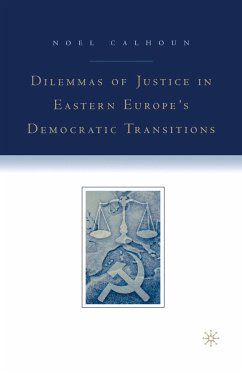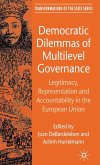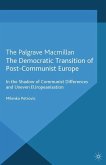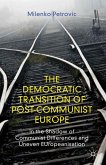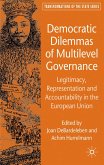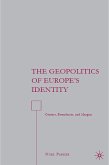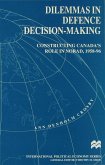Calhoun innovatively examines how the ideology of liberal democracy influences one of the most contentious and potentially traumatic and divisive issues facing countries transitioning from authoritarian regimes to democracy: how to confront the past violations of human rights. Competing views of liberal democracy frame debates about how to confront the past and in particular how to deal with the truth of systematic human rights violations. Democratic values may not determine the precise method of dealing with the past - whether through truth commissions, lustration, or tribunals - but the very process of debate inherent in democratic theory and practice has important implications for the perceived fairness of the result. These implications are examined through a comparison of transitional justice in East Germany, Poland and Russia. The result is a provocative integration of democratic theory and comparative politics.
'This is a very informative, well-written, and thought provoking book. Calhoun skilfully uses a wide array of primary and archival sources to construct detailed accounts of the decisions made during and after the transitions from communism in Poland East Germany and Russia concerning past human rights abuses. She also develops a persuasive explanation of these divergent choices. Dilemmas of Justice in Eastern Europe's Democratic Transitions will be an important resource for anyone interested in understanding how post-communist regimes come to terms with their past.' - Sharon Werning Rivera, Hamilton College

